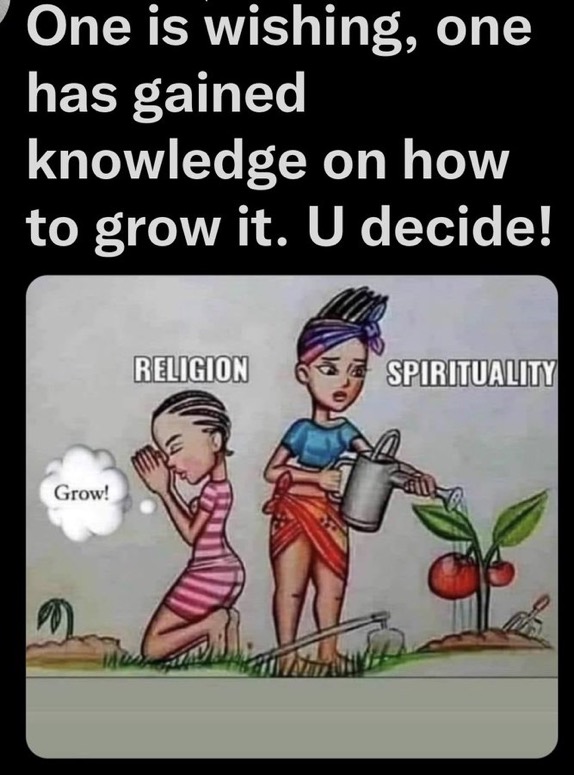The Ancient World & Dreams
- Catherine Valliere
- May 11, 2023
- 4 min read

The interpretation of dreams by dream experts may be almost as old as dreaming itself. We know that all humans, and many animals, dream every night, and humans have always been fascinated to learn what causes dreams and what they mean.
The interpretation of dreams dates back at least as far as 3000-4000 B.C. We know that because the interpretations of dreams were recorded in permanent form on clay tablets. It is thought that many primitive peoples were unable to initially distinguish between the real world and the dream world. In many cases, these people looked upon the dream world as an extension of the physical world around them, and in many cases they saw the dream world as more powerful than the waking one.
Dream interpretation was such an important field to the ancient Greek and Roman world that dream interpreters often accompanied generals and other military leaders into battles. Dreams were taken extremely seriously, and the Greeks and Romans in particular often viewed dreams as messages sent by their Gods.
Dreams also had a religious context in ancient Egypt, and priests there doubled as dream interpreters. Dreams were among the items recorded by the ancient Egyptians in the form of hieroglyphics. Those whose dreams were especially vivid or significant were thought to be blessed and were given special status in these ancient societies. Likewise, people who were able to interpret dreams were thought to receive these gifts directly from the gods, and they enjoyed a special status in society as well.
There are over 700 mentions of dreams in the bible, and people in biblical times saw dreams as very significant. Dreams and their interpretations are mentioned in many of the most significant books of the bible and other holy scriptures.
In many cases, dreams were often seen as a form of prophecy. People often interpreted their dreams as omens or warnings, and adjusted their activities accordingly. Dreams were often thought of as omens from deities, as messages from spirits, or as messages from departed souls. In some cases, dreams were even seen as the work of demons, meant to confuse and trouble the dreamer.
Dreams were so important that they often dictated the actions of political and military leaders, affecting everything from the prosecution of a battle to the outcome of a political decision. Dreams were also thought to provide vital clues to healers, and they were used in the diagnosis and treatment of all manners of illness.
Dreaming was often looked upon by indigenous peoples as a way to commune directly with Gods and Spirits, and dreams are still used in this way by cultures around the world. Many people believed, and some still do, that during dream sleep the soul leaves the body and communes with the spirit world.
The Chinese were one culture who believed that the soul left the body each night during dream sleep. They believed that if the dreamer were suddenly awakened the soul may not be able to return to the body. That is why some Chinese are still leery about the use of alarm clocks. This is just one example of how ancient legends can linger into the modern world.
Some Indigenous Mexican and Native American societies share this ancient view of the importance of dreams, and share the belief in a separate dimension that is visited during dream sleep. These people believed that their departed ancestors lived in their dreams, and that they were able to take forms like animals and plants. Thus dreams were seen as a way for them to commune with their recent and ancient ancestors, and to gather wisdom and knowledge that would serve them in their waking lives. Dreams were also seen as ways to gather information about their purpose or mission in life.
The respect for dreams changed radically early in the 19th century, and dreams in that era were often dismissed as reactions to anxiety, outside noises or even bad food and indigestion. During this period of time, dreams were thought to have no meaning at all, and interest in dream interpretation all but evaporated. This all changed, however, with the arrival of Sigmund Freud later in the 19th century. Sigmund Freud stunned the world of psychiatry by stressing the importance of dreams, and he revived the once dead art of dream interpretation.

Catherine Valliere
After a lifetime of exploration; 2020 Covid life, led me to a full time focus on the gifts of meditation, alternative health and spiritual well being.
Anything I share comes from a place of healing from within myself and in no way is meant to replace professional medical advice. Please follow my journey...
Some of my favorite things
As an Amazon Associate, I earn from qualifying purchases, on any amazon products offered. I'm an affiliate marketing agent for any linked products listed within my website and blogs. What this means, is, at no cost to you, I may be compensated for your purchase. In saying that, I only offer products that I love and feel good about promoting. This allows me to be able to continue to create content that I hope spreads light love and peace to others. All printable downloads and other offerings in my shop page are of my own creation.
DISCLAIMER:
A'ho Namaste creates peace movement content and this information is not presented by a medical practitioner and is for educational and informational purposes only. The content is not intended to be a substitute for professional medical advice, diagnosis, or treatment. Always seek the advice of your physician or other qualified healthcare provider with any questions you may have regarding any type of mental or physical issues. Never disregard professional medical advice or delay in seeking it because of something you have read.













Comments